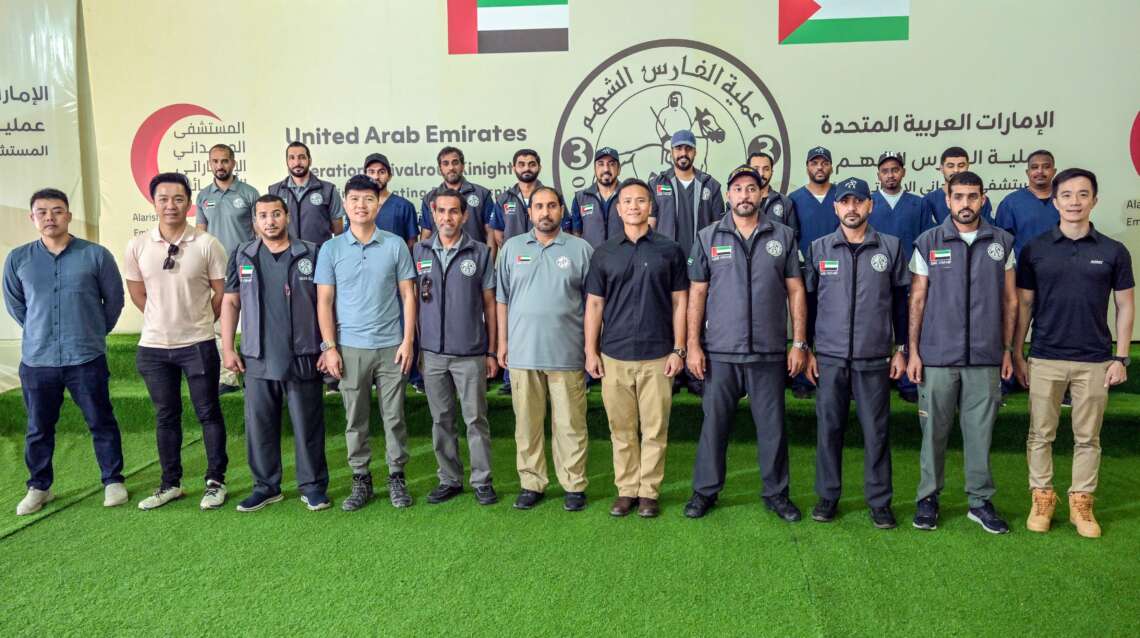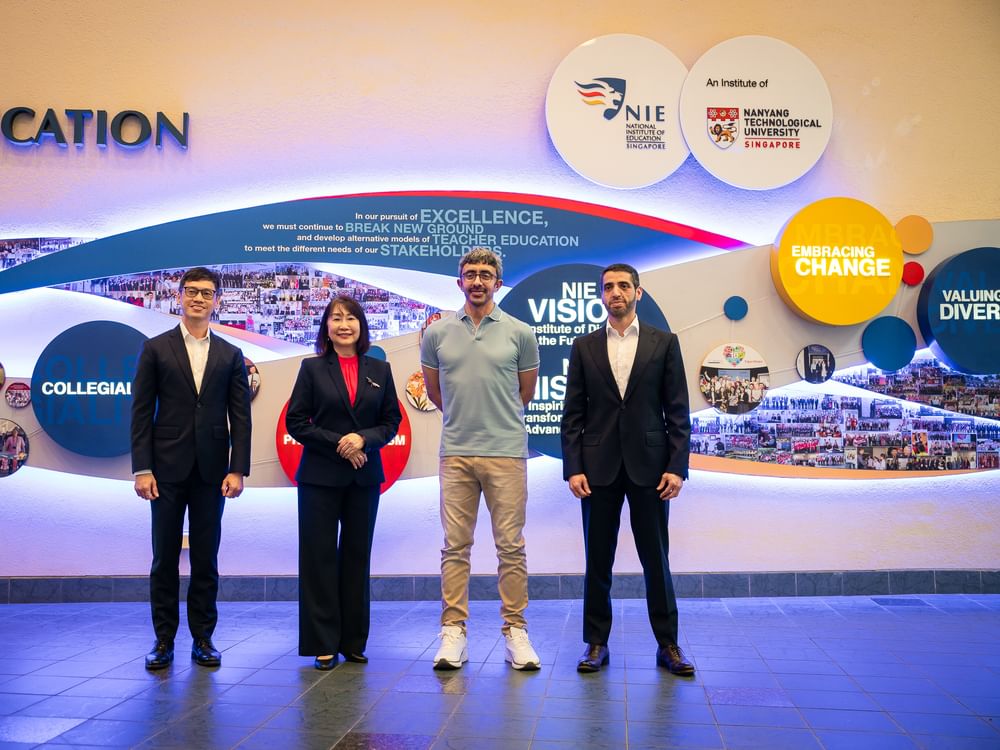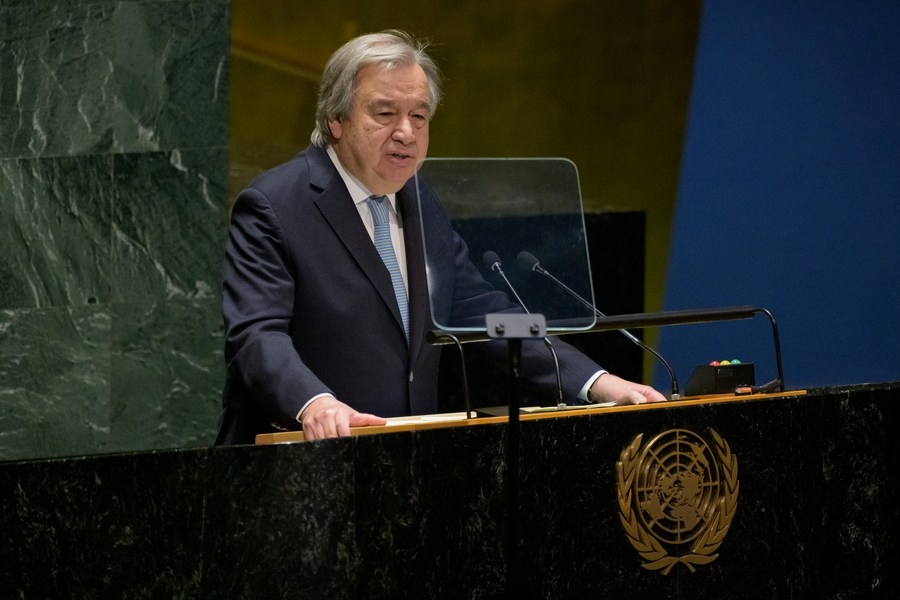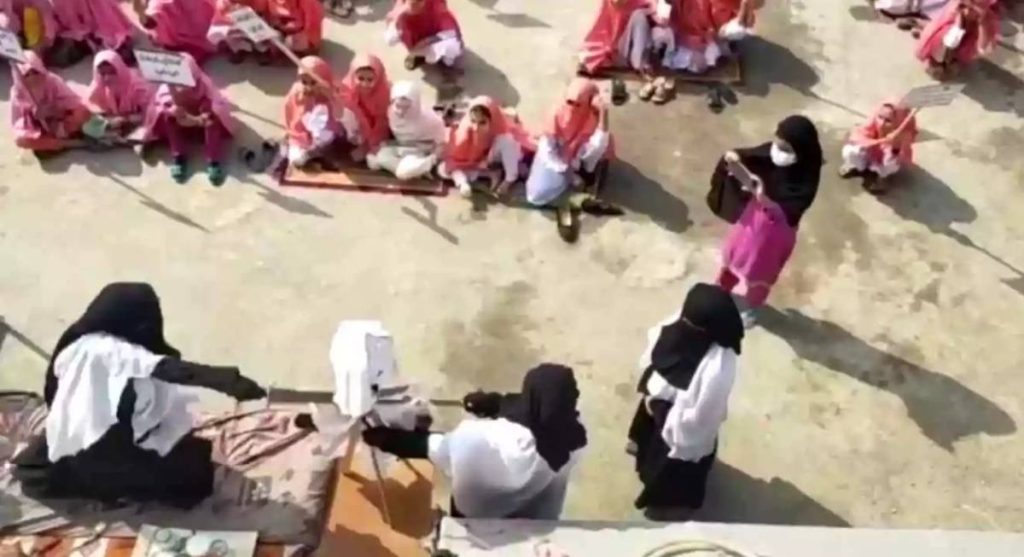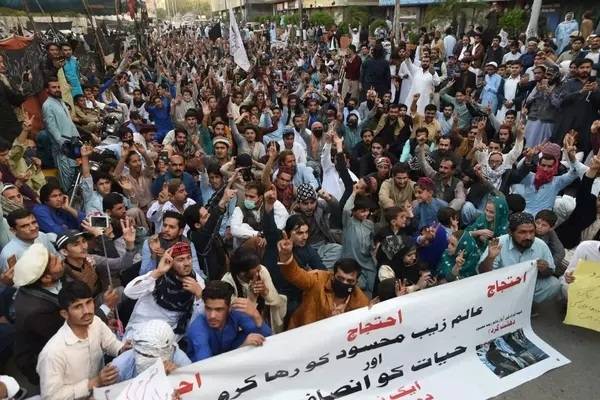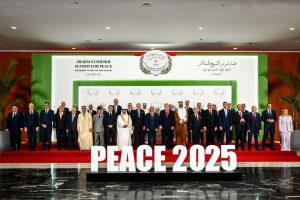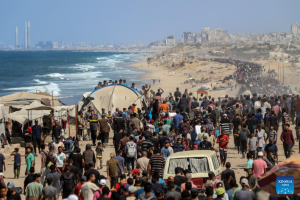With the Qingdao statement, the fertiliser controversy between Sri Lanka and China has only grown. Qingdao also said that statements made by the ministry are false, reports Sri Lanka website News First…writes Rahul Kumar
Chinese fertiliser company Qingdao Seawin Biotech Group says that it has taken Sri Lanka to an arbitration centre in Singapore. It has refuted statements by Sri Lankas Agriculture Minister Mahindananda Aluthgamage on Monday that Qingdao had agreed to pursue the arbitration process over contaminated fertiliser in Sri Lanka.
With the Qingdao statement, the fertiliser controversy between Sri Lanka and China has only grown. Qingdao also said that statements made by the ministry are false, reports Sri Lanka website News First.
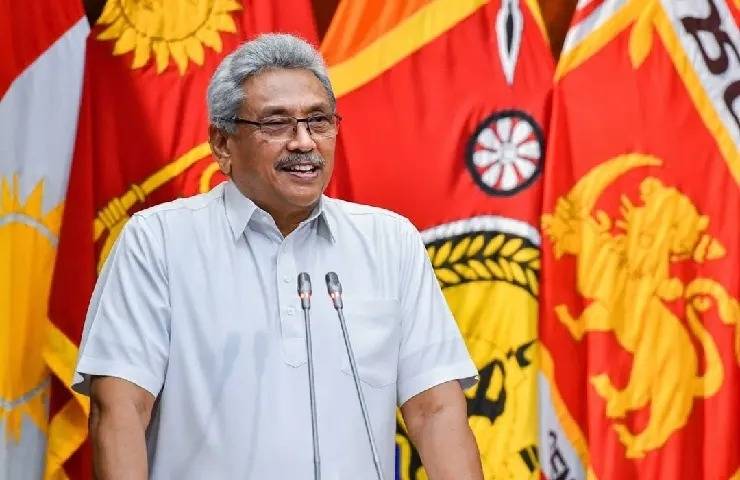
The fertiliser issue, which is into its four month, is beginning to strain the friendly relations between the two countries.
Sri Lanka had, in a bid to turn the country organic, decided to use only organic fertiliser for all its crops. But the shortage of fertiliser prompted it to import the commodity from China. The Sri Lankan agriculture ministry selected Qingdao for fertiliser imports but the samples were found to be contaminated with harmful pathogens including erwinia which damages cash crops.
Sri Lanka canceled the Qingdao order but the company insisted that Colombo had violated the contract for the organic fertilizer. It placed its contaminated fertiliser ship close to the Colombo Port in a bid to force Sri Lanka to accept its rejected product.
After a number of Sri Lankan scientists weighed in on the agriculture ministry about the poor quality of the fertiliser, Sri Lanka asked its State-owned bank, the People’s Bank of Sri Lanka not to release payments to Qingdao.
The Chinese embassy in Colombo jumped into the fray and backed Qingdao, issuing a barrage of tweets on how Sri Lanka’s agriculture ministry had defaulted in the contract. The embassy also blacklisted the State-owned Sri Lankan bank.
Qingdao’s fertiliser ship Hippo Spirit reportedly sailed back to China, but never reached its port of destination. It was later tracked to the Strait of Malacca close to Singapore and Thailand where it had switched off its tracker. Curiously, the ship came back to Sri Lanka with the same rejected fertiliser but under a different name.
Now, the fertiliser company has sought compensation of $8 million from Sri Lanka and sent a legal notice. The compensation includes cost for production, freight, legal fees, money for losing goodwill and reputation due to the controversy. The damages also include interest.
In its defence, the company also says that it had intimated Sri Lanka that it could not provide bacteria-free fertiliser.
About a couple of weeks back, the warring sides had reached an agreement. Under the agreement, Sri Lanka had decided to pay the compensation to Qingdao and in return the company had agreed to take back its ship to China and not unload the fertiliser on Sri Lanka.
But with the latest statement by Qingdao, it seems the controversy is still open. Anna Song, the Deputy General Manager of the Chinese company reportedly told Sri Lankan media organisation News First that “the local authorities could not be trusted again and that the arbitration would take place only in Singapore”.
The Hippo Spirit ship now seems to be sailing back to Singapore with its 20,000 metric tonnes of contaminated fertiliser to pursue arbitration against Sri Lanka in Singapore.
ALSO READ: Plaque omits Tamil evokes fury in Srilanka
Over the last three months, the Chinese company and the embassy have tried to create a rift in the Sri Lankan government between the ministry of agriculture, the National Plant Quarantine Service and the Ceylon Fertiliser Corporation over the sale of organic fertiliser.
The current government, which is known to be close to Beijing, is confronting hard realities. The Hambantota Port had to be given to a Chinese company on a 99-year lease, hardball diplomacy over fertilisers and minor cultural controversies that have tended to cleave the Sri Lankan society are issues that just might end up fraying Chinese-Sri Lankan relations.


